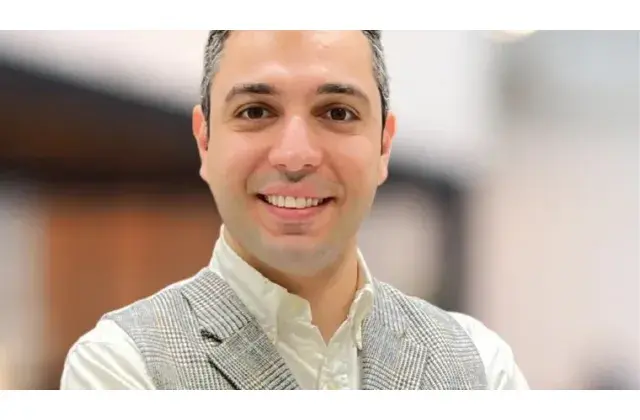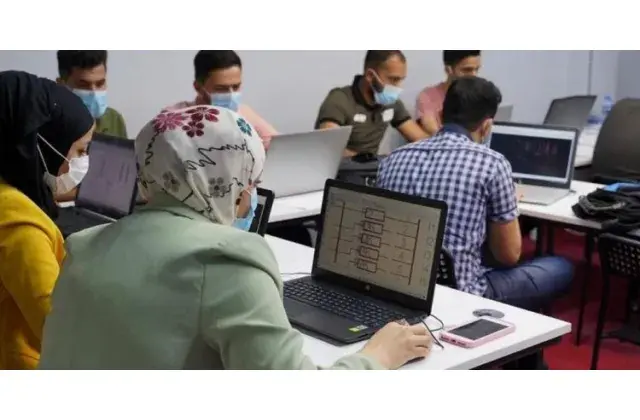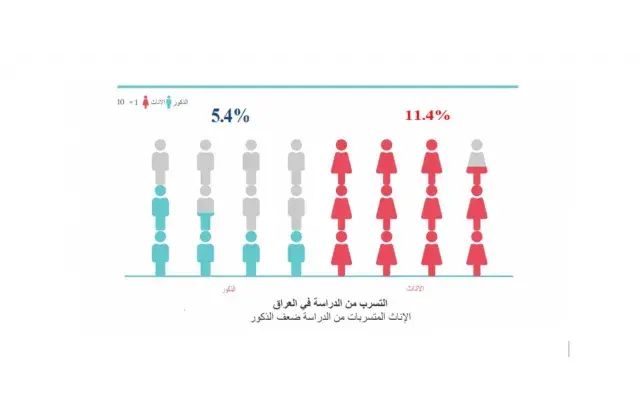Empowering Iraqi Youth: Building a Brighter Future through Active Civic Engagement
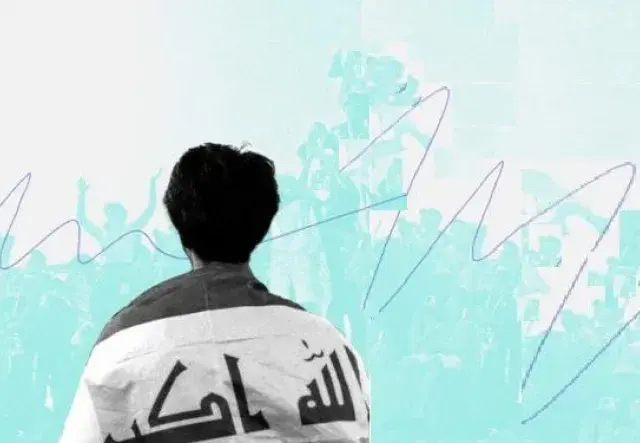
In Iraq, the youth represent a significant portion of the population, with their stories, creativity, and aspirations for a better future. Ali is a passionate and driven young Iraqi who dreams of creating positive change in his community. Ali has witnessed the challenges faced by his peers—limited opportunities, marginalization, and a lack of voice in decision-making processes. Determined to break this cycle, he seeks avenues to empower himself and his fellow youth. Ali believes that engaging and encouraging young people to actively participate in civic life is the key to transforming their realities and shaping a brighter future for Iraq.
Ali's story reflects the aspirations and struggles of countless Iraqi youth. With approximately 60% of the population under the age of 25 according to the United Nations mission, their energy and potential are invaluable resources that can drive the nation's sustainable development. However, to fully unlock this potential, tailored content and resources must be provided to address key areas such as youth rights, leadership development, community service, and a sense of responsibility.
Youth Rights in Iraq
Understanding and advocating for youth rights is essential in empowering young people. In Iraq, the youth have the right to education, healthcare, employment, and participation in decision-making processes. However, many of these rights are not fully realized due to various challenges.
According to the United Nations, the unemployment rate among Iraqi youth is around 25%, highlighting the need for greater opportunities and support. By raising awareness about these rights, empowering youth to assert themselves, and ensuring accountability from policymakers, Iraqi youth can actively contribute to shaping their own future.
Leadership Development
Nurturing leadership skills among young people is vital for them to become agents of change in their communities. In a recent study, 62% of Iraqi youth believed that developing leadership skills was essential for their personal growth and contributing to society. Providing training programs, mentorship opportunities, and platforms for young leaders to express their ideas and aspirations can help them develop confidence and expertise. A survey conducted by the Iraqi Youth Observatory revealed that 78% of Iraqi youth expressed a desire for leadership training programs. So by investing in leadership development, Iraq can cultivate a new generation of capable leaders who can tackle pressing issues, foster innovation, and inspire positive change.
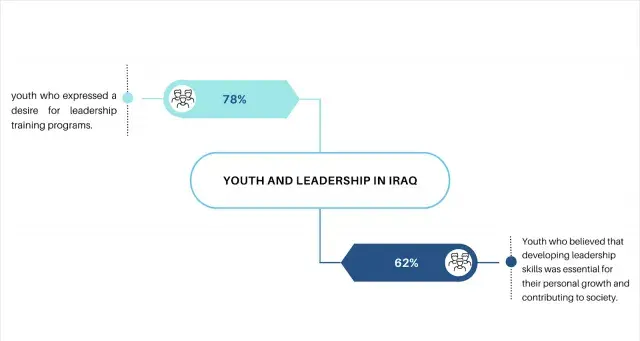
Community Service
Engaging young people in community service projects not only benefits society, but also instils a sense of responsibility and empathy. In a survey conducted by the Iraqi Al-Amal Association, 75% of Iraqi youth expressed a willingness to engage in community service activities. According to the same survey, 84% of youth who participated in community service reported feeling a sense of personal satisfaction and fulfilment. By encouraging youth to volunteer and actively participate in initiatives that address community needs, Iraq can promote social cohesion, active citizenship, and a culture of giving back. Additionally, community service experiences provide invaluable opportunities for young individuals to gain practical skills, expand their networks, and develop a deeper understanding of societal challenges.
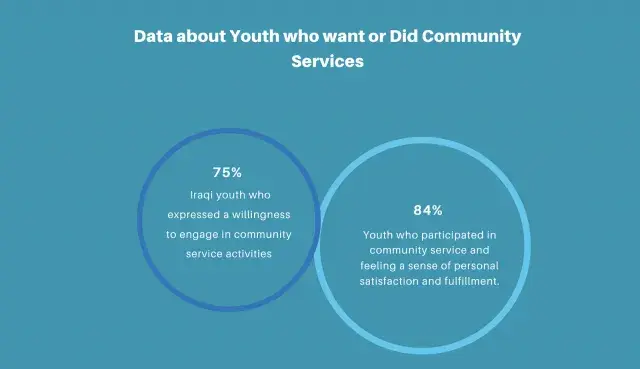
Fostering a Sense of Responsibility
Nurturing a sense of responsibility towards the future of Iraq is essential for sustainable development. In a survey conducted by the United Nations Development Programme, 69% of Iraqi youth expressed a desire for greater involvement in decision-making processes. By encouraging young people to take an active interest in civic affairs, promoting dialogue, and involving them in decision-making processes, Iraq can harness their potential to contribute to the nation's progress. Another study found that 87% of Iraqi youth believed that their opinions and perspectives were not adequately represented in public discourse. Furthermore, providing platforms for youth to voice their concerns and ideas, such as youth councils or forums, allows them to shape policies that directly impact their lives, fostering a sense of ownership and responsibility.
Engaging and empowering Iraqi youth is not just a matter of necessity but also a matter of moral obligation. By recognizing the potential within each young person and providing them with the necessary tools and platforms, Iraq can unlock a new era of progress and transformation. Ali's story is just one of the many waiting to be told, each representing a hopeful voice ready to shape the future. Let us harness the passion, talent, and resilience of Iraqi youth, celebrating their diversity and empowering them to become leaders, change-makers, and custodians of a brighter tomorrow. Together, we can build an inclusive and prosperous Iraq that thrives on the active participation and contributions of its young generation.




